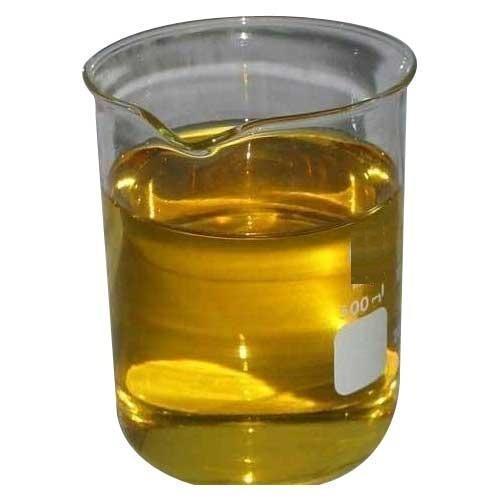
| Installed annual production capacity (MT) | 8,000 |
| Technology Developed by | Davy mc-kee (Germany) |
| Chem. Formula | Cl2 |
| Molecular Weight | 70.90 |
| Specifications – Average Chemical Analysis | |
| Physical Appearance | Greenish Yellow gas or amber liquid with pungent, suffocating, irritating odor |
| Purity | 99.9% |
| General Product Information |
| Liquid Chlorine is supplied in 65 kg & 900 kg cylinders. Due to its pungent odor and irritating effects, traces of chlorine in air are readily detectable. Chlorine irritates the mucous membranes, the respiratory system and the skin. Exposure to high concentrations results in retching and vomiting followed by difficult breathing and also chlorine has no or permanent effects, nor does repeated exposure produce any type of immunity.Prolonged exposure can result in death from suffocation. Chlorine is about two and half times (2 ½) as heavier than air, therefore it is collected in low spots and stays near the ground.Boiling point : – 34.5 oC Freezing point : – 101 oC Toxic conc. in air : 1 ppm max. by volume Detectable odor conc. : max. 3.5 ppm by volume |
| Product Handling and Safety Instruction |
| Remove the person from contaminated area and seek immediate medical help or first aid depending upon the severity of the circumstances. Administer artificial respiration if necessary. Clothing contaminated with Chlorine should be removed immediately and the exposed areas washed thoroughly with water. All persons working with chlorine should be acquainted with the proper methods of handling this commodity, the use of gas masks and emergency procedures etc. Chlorine masks full facial type and breathing apparatus should be carried by every one working in an area where chlorine is present.Chlorine leaks can be located by ammonia water soaked cotton / cotton rag, which produces dense white fumes with chlorine. Do not put ammonia water on the leaked equipment. Chlorine leakage must be given immediate attention as they become gradually worse.If the leakage is extensive it should be reported immediately so that the persons in the effected area could be warned. However, leaking chlorine container must not be washed with water. Use dry chemical to suppress fire. Fine spray of water is also effective. |
